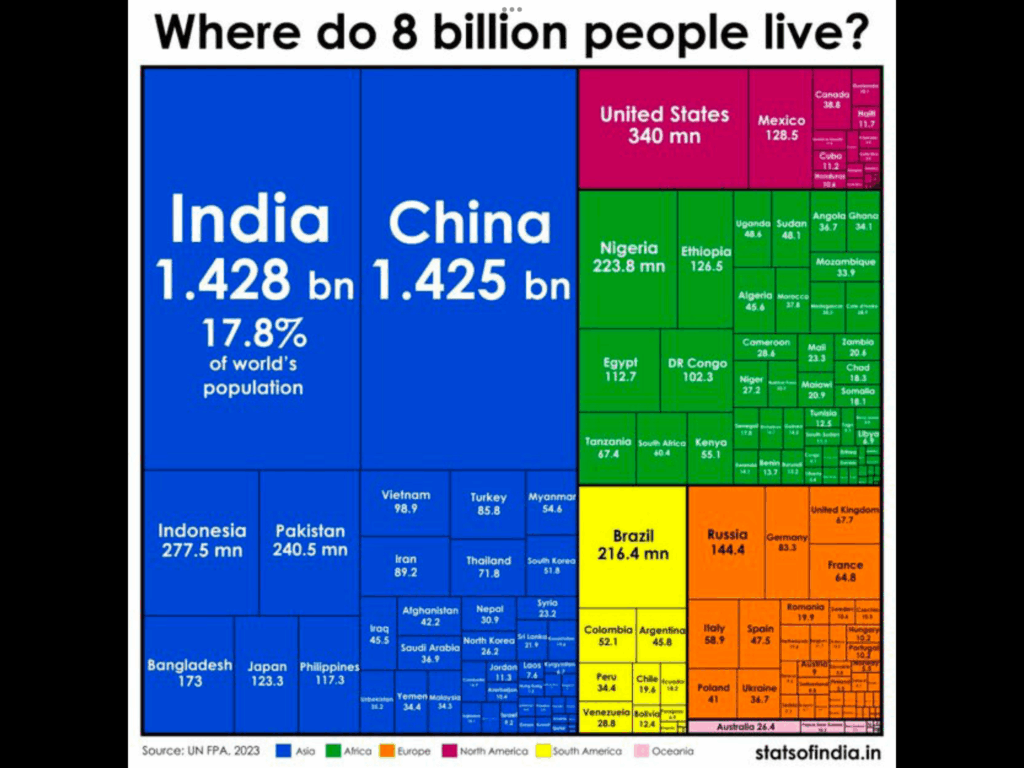Category Archives: The Everyman Chronicles
Sports’ Math Problem
I was watching the Pacers play the Knicks the other night and nearly pulled the stubble out of my head watching player after player launch doomed three-pointers like math majors auditioning for Steph Curry.
Analytics are killing sports—not softly, but clinically, with spreadsheets and smug certainty.
It hit me during that maddening NBA game, but the rot’s everywhere: basketball, baseball, football, even hockey. Somewhere along the line, we stopped watching games and started watching equations get tested in real time.
Take basketball. It’s become a science experiment: shoot more threes because three is more than two. The midrange jumper? Extinct. A contested layup? Pass it back out. Coaches now treat the painted area like it’s radioactive. It’s why teams like the Celtics can brick 75 threes over two playoff games and still act like they followed the plan. Because they did. That’s the problem.
But basketball’s not alone in its algorithmic addiction.
Baseball used to be about poetry and patience—hit and run, sacrifice bunts, bloop singles that dropped just right. Now? Launch angle. Exit velocity. Players are taught to swing for the fences because, statistically, it’s worth it—even if that means striking out 200 times a year.
The result: longer games, fewer balls in play, and fewer reasons to stay awake past the fifth inning. And when even MLB, the most tradition-bound league on Earth, has to introduce pitch clocks and ban shifts to make its own game palatable again, you know the nerds have gone too far.
Football isn’t safe either. Analytics say passing is more efficient than running, so teams run less—except when they pass so often they forget how to protect a lead. Fourth down? Go for it. Why? The numbers say so. Never mind the momentum of the game or the look in a quarterback’s eyes—just trust the chart. Trust the model. Trust the process.
And hockey? The last bastion of gut and grit? Even there, we get “Corsi” and “expected goals” and three-on-three overtimes where teams play keep-away instead of attacking because puck possession has a higher win probability than pressing for an actual goal.
What’s being lost in all this data-driven dogma is the reason we watch sports in the first place: emotion. Unpredictability. A player doing the dumb thing because it felt right, and it somehow worked. That’s the drama. That’s the thrill. The glory of sport isn’t in its efficiency—it’s in its chaos.
Analytics were supposed to make teams smarter. Instead, they’ve made games duller. Coaches coach not to lose, players play not to deviate, and front offices now resemble Silicon Valley incubators.
The human element—flawed, passionate, beautifully spontaneous—is being charted out of existence.
There’s still time to save it. But we need to trust eyes over models, instincts over spreadsheets.
Because if I wanted to watch someone crunch numbers, I’d open Excel. I turn on the game to feel something.
And lately, all I feel is bored.



